“As humanitarian disasters become more frequent and more devastating, failure to put women’s safety and empowerment at the centre of responses will undermine the effectiveness of relief efforts. In this regard, the HRI 2011 provides valuable analysis and recommendations on how we can collectively move forward.”
Michelle Bachelet – Executive Director UN Women
“Donors can play a crucial role by demanding that aid agencies use a comprehensive gender analysis to inform programming. The findings and recommendations from the HRI report deserve thoughtful consideration.”
Valerie Amos – UN Under-Secretary General For Humanitarian Affairs and Emergency Relief Coordinator
“I’ve been very impressed by the creation of the Humanitarian Response Index. I think it’s very important for the humanitarian community, donors, as well as those implementing programs to be accountable to some type of baseline.”
Nils Kastberg – Former UNICEF Representative in Sudan (2009 to 2011)
“It’s hugely important to have reports like the Humanitarian Response Index, which can look across a range of agencies and crises around the world, and really give us a proper overview of what is happening at every level. We need to have the whole picture, and that’s where the HRI is so valuable. It gives us confidence by letting us know how the sector is dealing with humanitarian issues.”
Juliet Pierce – DARA Board Member and Former Director of the Performance Assessment Resource Centre (DFID)
“What the HRI allows, and what makes it unique, is to give across the board an analysis around similar indicators of where donors stand in their practices. The main value is the analysis. It changes the quality of the dialogue by giving us the information in a very systematic manner, allowing for comparability. This is why I believe the HRI is a great tool.”
Hansjoerg Strohmeyer – Chief, Policy Development and Studies Branch, OCHA
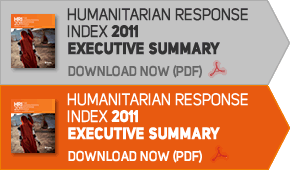

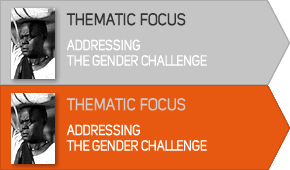
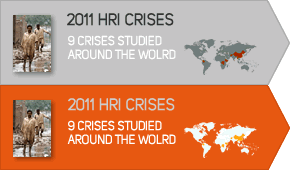
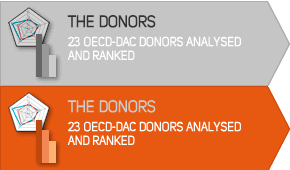
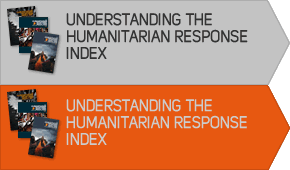

Share this